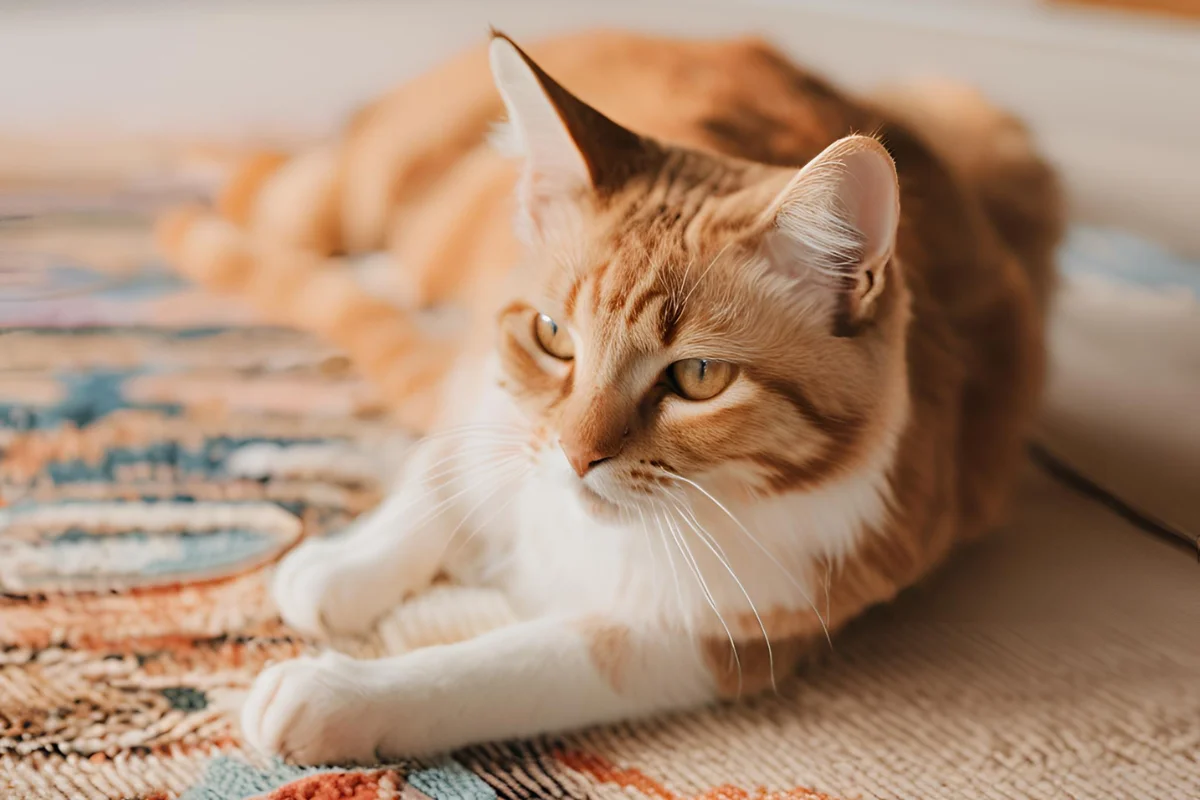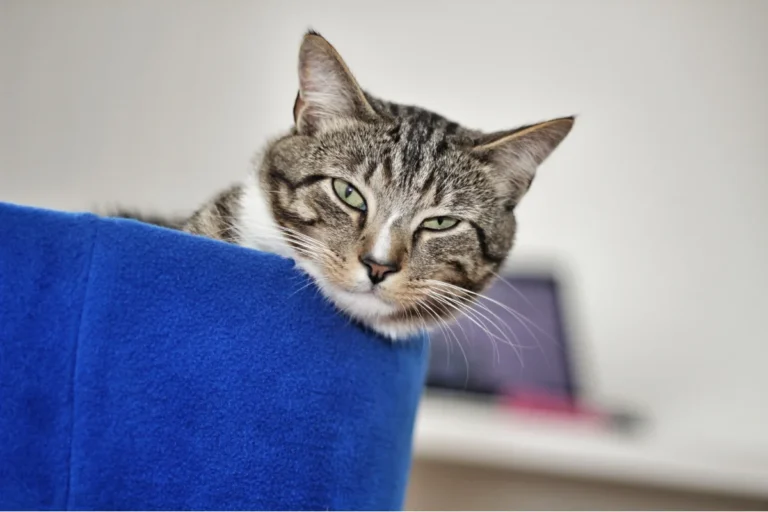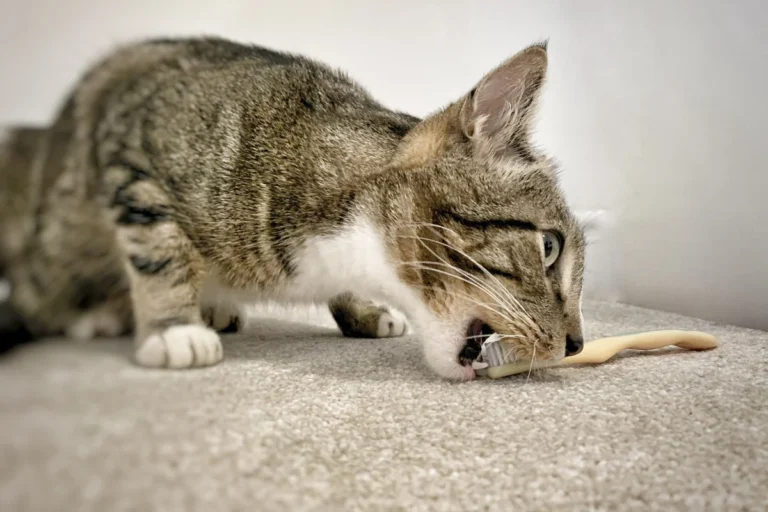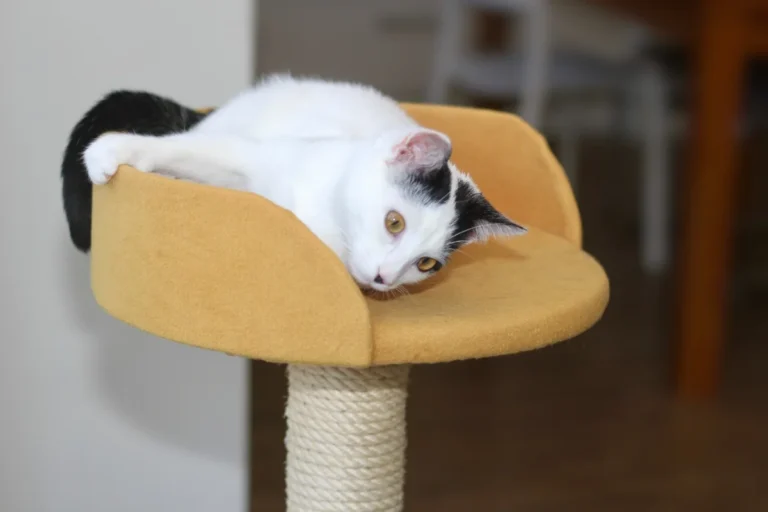Cat care concerns: Many owners neglect vet visits
Nearly six in 10 cat owners admit they don’t visit the vet as often as they should, underscoring growing cat care concerns across the UK. The latest Cats Protection report shows that routine vet visits are on the rise, yet millions of cats still lack regular care. Although fewer people report difficulties accessing veterinary services, many owners hesitate to schedule routine check-ups for their cats.
The charity’s Cats and Their Stats report shows progress, with 62% of owners now taking their cats to the vet, up from 57% in 2020. Still, 58% admit they don’t visit as often as needed, leaving millions of cats without consistent care. Additionally, nearly a million cats remain unregistered with a vet.
Support for cat owners
John May, CEO of Cats Protection, knows these numbers point to a deeper problem. The charity works to inform owners, but May emphasises the need for greater effort from the veterinary profession. “Vets should prioritise welfare and guide first-time pet owners to ensure cats receive proper care,” she says.
Part of ensuring cats remain healthy involves fostering an enriching environment at home. When owners create spaces for their cats to thrive, they contribute to their overall well-being, which may also help reduce the anxiety surrounding vet visits.
Cost remains the top reason for missing vet appointments, with 28% of owners citing financial strain. Stress is also a growing issue, as 26% of owners avoid visits due to the anxiety of taking their cat to the vet.
Cats at risk of missing out on care
More cats are now registered with vets, increasing to 91% from 90% last year, but underserved groups remain. Cats in lower-income households and those without insurance face higher unregistered rates at 13% and 16%, respectively. These cats are at higher risk of missing out on both routine and emergency care.
Veterinary access has improved, with only 28% of respondents reporting difficulties this year, down from 37% in 2022. However, owners in urban areas still face significant barriers, with 45% struggling to secure appointments for their cats. Vets in these areas face overbooked schedules, with 35% of owners citing busy practices — a rise from 32% last year. Reduced services and limited operating hours also contribute to the challenge.
Alison Richards, head of clinical services at Cats Protection, highlights the charity’s dedication to tackling these issues. She states: “Cats Protection is exploring opportunities to support on some of these challenges and we aim to improve collaboration between sectors.” This collaborative approach aims to enhance care for cats and provide better resources for owners.
Putting cats’ needs first
These cat care concerns highlight that promoting health goes beyond vet visits. While regular check-ups are crucial, creating a nurturing environment at home is equally important. When owners prioritise their cats’ emotional and physical needs, it enhances overall well-being and may reduce the stress associated with vet visits.
Ultimately, the challenge lies in improving access to vet care while helping owners feel equipped to support their cats’ wellness. By focusing on the comprehensive care of their cats, owners can contribute to their pets’ mental and physical health in meaningful ways.
The way forward requires collaboration among vets, cat owners and other stakeholders in feline care. Together, they can ensure that every cat receives the attention they deserve, both at home and in the clinic. While progress is being made, these cat care concerns indicate that there is still much work ahead.




